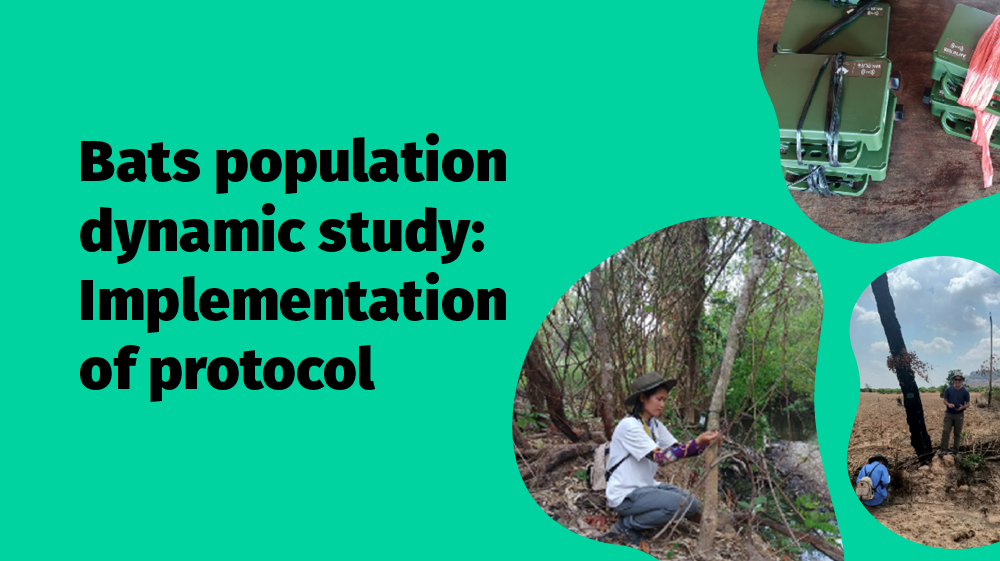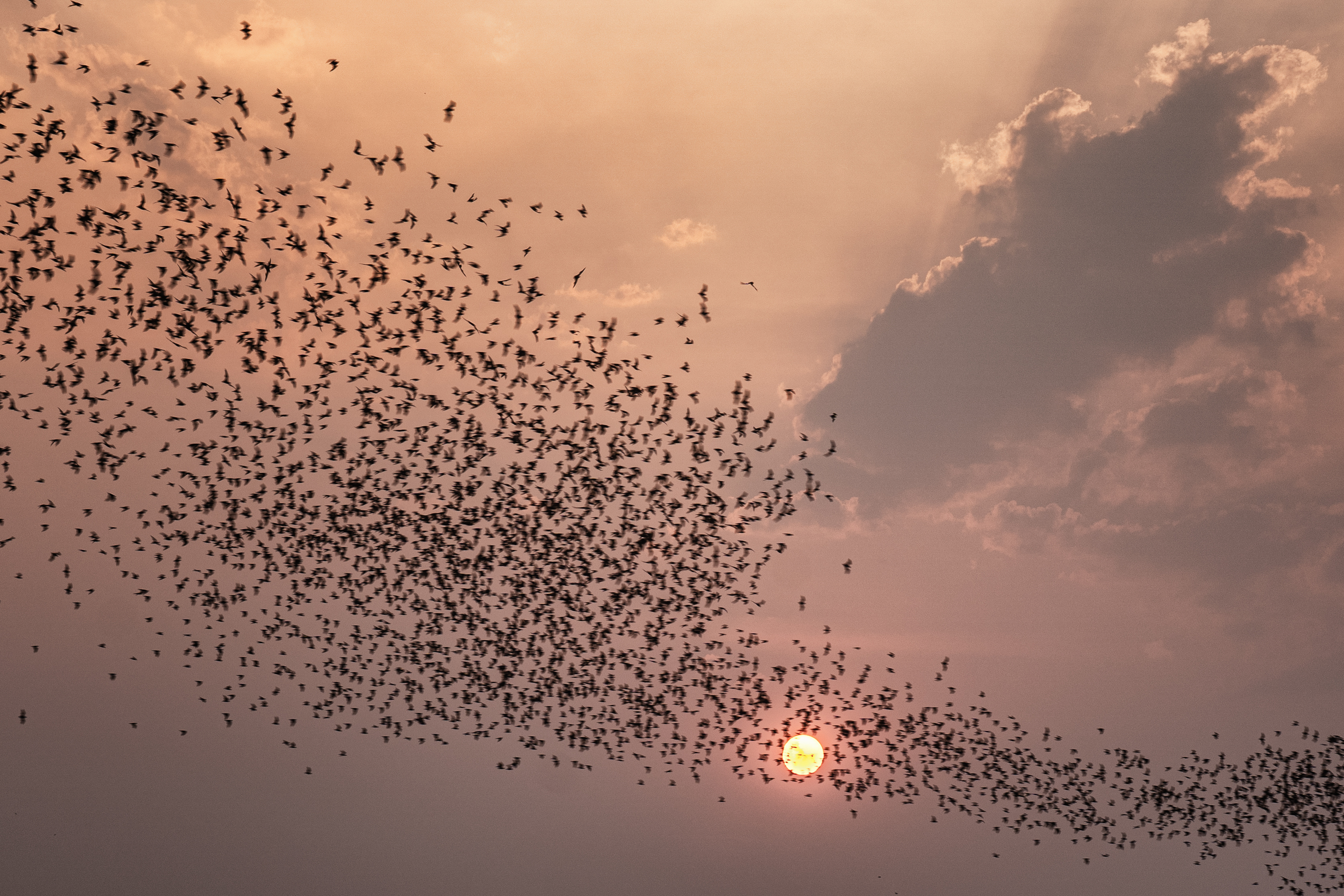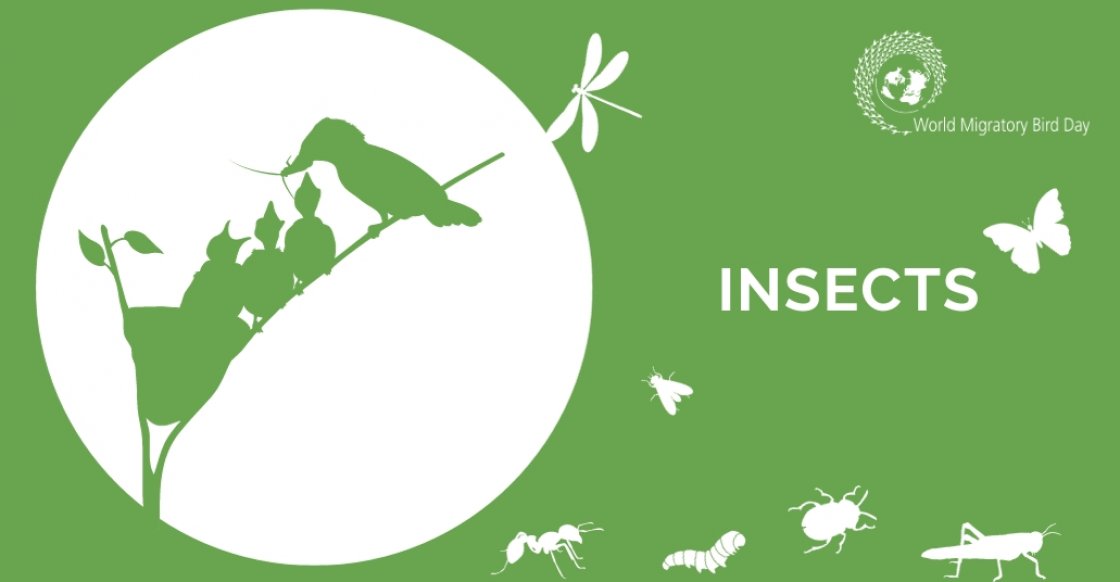BCOMING - Etude de la dynamique des populations de chauves-souris : Mise en place du protocole
L'équipe de BCOMING au Cambodge est ravie de vous annoncer que les activités de terrain sur les chauves-souris ont démarré ! Du 2 au 8 mai 2023, l'Institut Pasteur du Cambodge (IPC) et l'Administration des Forêts (FA, sous le Ministère de l'Agriculture, des Forêts et de la Pêche) ont collaboré pour mener les premiers travaux de terrain dans une zone sélectionnée de la province de Stung Treng. La province de Stung Treng est située au nord-est du Cambodge, à la frontière du Laos, à environ 350 kilomètres de Phnom Penh. Cet endroit est étroitement surveillé pour les virus potentiellement zoonotiques depuis 2020. Au cours de cette mission, l'objectif principal était de capturer et d'échantillonner des chauves-souris, avec une attention particulière pour les individus de Rhinolopffhus shameli.

Le projet BCOMING offre des opportunités intéressantes pour mener des recherches plus
approfondies sur l'écologie des chauves-souris. Par exemple, nous pouvons étudier la dynamique des populations de
chauves-souris dans la région, ainsi que leurs habitudes de recherche de nourriture, y compris la distance qu'elles
parcourent et si elles s'aventurent dans les habitats humains. En outre, nous pouvons déterminer si les chauves-souris
entrent en contact avec d'autres espèces animales lorsqu'elles se reposent. Lors de la première sortie sur le terrain
du projet, l'équipe a évalué la faisabilité de diverses activités et mis au point les derniers détails des
protocoles afin de recueillir davantage de données sur ces sujets.
Les études de marquage-recapture sont utiles pour estimer la taille des populations de chauves-souris. Pour mener à
bien ces études, les chauves-souris sont marquées de différentes manières et recapturées après de courts
intervalles, soit au cours de la même mission sur le terrain, soit au cours de missions consécutives plusieurs
semaines plus tard. Au Cambodge, l'équipe de BCOMING a marqué de nombreuses chauves-souris de différentes espèces à
l'aide de puces individuelles placées sous leur peau. Ces chauves-souris auront l'occasion d'être recapturées en juin
2023. Le projet BCOMING prévoit de mettre en œuvre ce protocole lors de toutes les missions de terrain entre 2023 et
2024, les équipes IPC et FA se rendant sur le site environ toutes les six à huit semaines.
L'acoustique des chauves-souris constitue un moyen d'étudier les populations de chauves-souris, permettant aux
chercheurs non seulement de détecter l'activité et d'identifier les espèces, mais aussi de mener des enquêtes
expérimentales sur la façon dont les changements environnementaux peuvent avoir un impact sur les populations de
chauves-souris. L'équipe BCOMING a développé un protocole pour explorer ces différents aspects de l'acoustique des
chauves-souris sur le site de Stung Treng. Pendant deux nuits consécutives, divers dispositifs acoustiques fixes ont
été placés dans différents environnements, notamment dans une forêt sèche de diptérocarpes, une plantation, un
village et un champ, avec ou sans proximité de ressources en eau. L'activité des cris entre le coucher et le lever du
soleil a été enregistrée et sera analysée à l'aide d'un logiciel spécialisé. L'enregistrement des données
acoustiques sera effectué lors de chaque mission de BCOMING à Stung Treng.
Installation des dispositifs acoustiques dans la province de Stung Treng, mai 2023.
Enfin, deux pièges à caméra ont été placés à l'extérieur et à l'intérieur de deux grottes à chauves-souris
sélectionnées. Dès que certains mouvements sont détectés, ils commencent à prendre des photos et à filmer. Ces
données seront utilisées pour suivre les populations de chauves-souris et rechercher toute interaction potentielle
avec d'autres espèces animales qui peuvent pénétrer dans les grottes. Les pièges photographiques installés
collecteront des données pendant plus d'un an.
Installation de pièges photographiques à l'intérieur et à l'entrée d'une grotte dans la province de Stung Treng.
L'analyse des données préliminaires est actuellement en cours et contribuera à la compréhension des populations de
chauves-souris dans cette zone spécifique, de leur relation avec le risque de propagation de pathogènes et, surtout,
au développement et à la mise en œuvre de programmes efficaces pour la conservation des espèces de chauves-souris
menacées.



